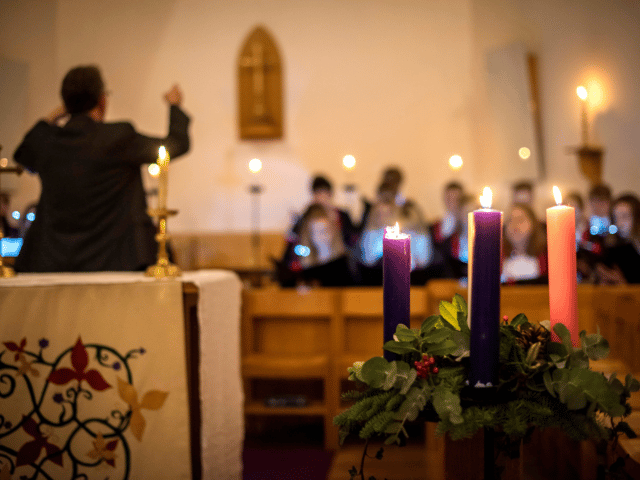In December 2022, Oakham School’s Head of Psychology, Miss Charlotte Findlay, wrote a blog article about the Psychology of Christmas. Drawing on updated research, Charlotte re-examines the topic for Christmas 2023.

Christmas is a time of year that is filled with family, overindulgence, gifts, and excitement for a new year but what does the research say about this festivity?
Christmas Spirit
Christmas spirit is good for us! Partaking in social activities that we consider joyful can make us feel like we belong to a community whilst having a positive effect on our wellbeing. The good news is that we can experience the same positive effects in smaller social gatherings with friends and family at Christmas. This Christmas spirit can collectively promote positive feelings of altruism, goodwill, and generosity, all of which are contagious (Clarke, 2007). More recently, one analysis of charitable behaviour found a 29% increase in the month of December (Holm et al., 2023), with longitudinal research in Sweden over 9 years found at 14% increase in unsolicited donations in December (Ekström, 2018). It doesn’t stop there – Greenberg (2014) found that waitresses and waiters are tipped more generously during the Christmas season.
Can Money Buy Happiness?
Additionally, we’re often told that money can’t buy happiness, but maybe it can! Researchers found that spending money on gifts for other people increased happiness. Participants were asked to rate their happiness at the start of the day and were then given a sum of money. They were allocated to one of four conditions and had to spend their money on either a bill, an expense, a gift for themselves or a gift for someone else. At the end of the day, they were asked to rate their happiness again. Those who were told to buy a gift for someone else reported higher happiness compared to the other three groups (Dunn et al., 2008).
Unwanted Gifts
But what happens when we receive a gift we don’t like? Dunn et al. (2008) found that men and women typically deal with this differently. Females are more likely to pretend they have always wanted the gift, whereas males are more likely to be honest and state how they truly feel. Overall, receiving a bad gift can impact negatively on relationships due to the lack of meaning behind our wanted gifts. If you want to increase happiness even more around Christmas, avoid focusing on gift giving and receiving completely, and instead focus on family and the religious aspects of the day, which is what Kasser and Sheldon (2002) reported after asking participants about satisfaction, stress, and emotional state during Christmas. Similar results were found by Paez et al. (2011) who found that spending a lot of time with family during the holidays led to increased life satisfaction and social wellbeing.
Reaching Out
Lastly, reach out to people who you’ve lost contact with this year as researchers found that most people avoid contacting others through fear that it may not be welcomed or appreciated. They found that surprise contact from socially distant friends had the biggest effect on wellbeing and that we often underestimate how much people appreciate hearing from us (Lui et al, 2022).
Be a Friendly Neighbour
Finally, if you want to appear like friendly and social neighbours, decorate your external house with Christmas decorations this year. Participants were asked to rate photographs of different houses and their Christmas decorations. The results revealed that those houses with decorations were perceived to be sociable and likely to involve themselves in the community (Werner et al., 1989).
Sing a Carol
Or perhaps Christmas carols are a valued tradition in your community? Research has found that singing Christmas songs may improve our psychological wellbeing too. Scientists investigated the neurochemistry of a singing group and found that it decreases a chemical related to stress and arousal and increased oxytocin, a chemical related to social bonding (Keeler et al,. 2015).
Whatever you do this Christmas, enjoy!





